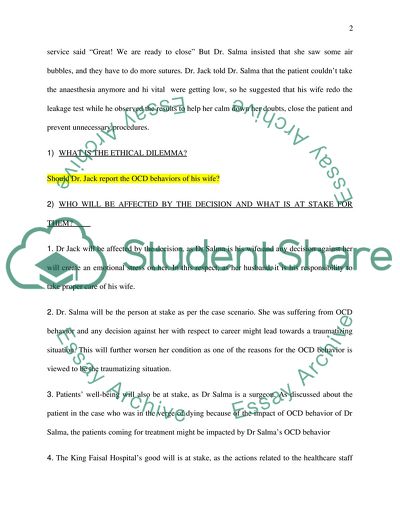Cite this document
(Health Care Ethical Case Analysis Research Paper, n.d.)
Health Care Ethical Case Analysis Research Paper. Retrieved from https://studentshare.org/health-sciences-medicine/1818410-health-care-ethical-case-analysis
Health Care Ethical Case Analysis Research Paper. Retrieved from https://studentshare.org/health-sciences-medicine/1818410-health-care-ethical-case-analysis
(Health Care Ethical Case Analysis Research Paper)
Health Care Ethical Case Analysis Research Paper. https://studentshare.org/health-sciences-medicine/1818410-health-care-ethical-case-analysis.
Health Care Ethical Case Analysis Research Paper. https://studentshare.org/health-sciences-medicine/1818410-health-care-ethical-case-analysis.
“Health Care Ethical Case Analysis Research Paper”, n.d. https://studentshare.org/health-sciences-medicine/1818410-health-care-ethical-case-analysis.


